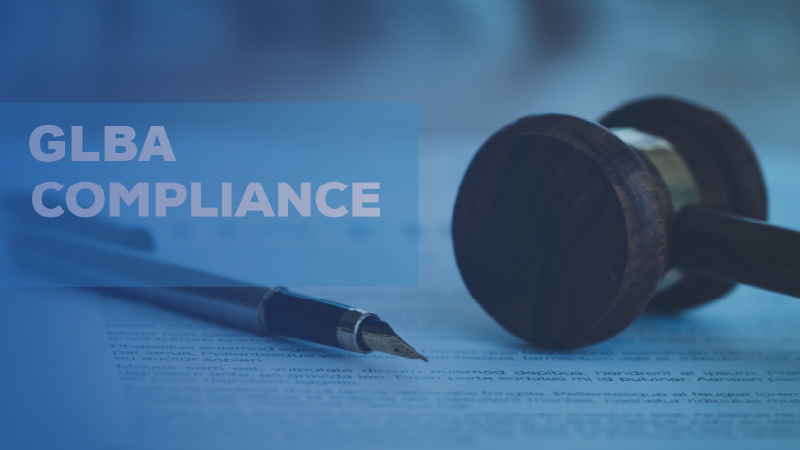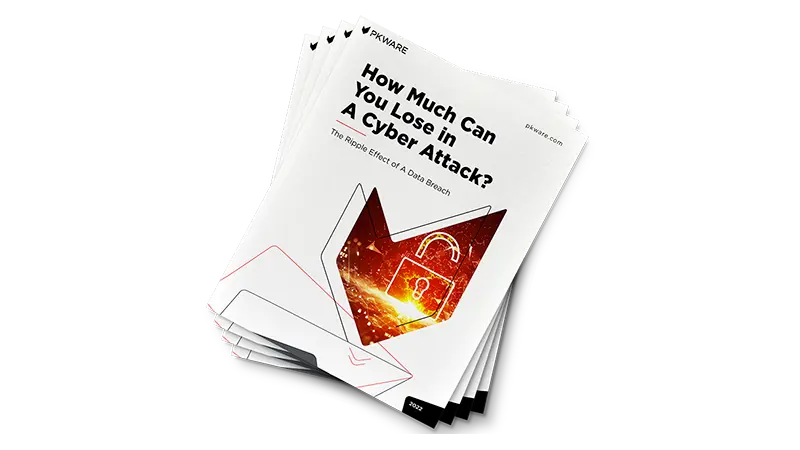Navigating Compliance Regulations Doesn’t Have to Be Complicated
Adhering to regulations like PCI DSS, HIPAA, GDPR, CCPA, GLBA, and FISMA is demanding and complex, especially when data spans multiple environments. PK Protect makes it simple. With automated discovery and protection of sensitive data across your enterprise, you can stay ahead of requirements, pass audits, and avoid costly penalties.

Overcome Regulatory Hurdles
Achieve and demonstrate data compliance with ease.
PK Protect Data Compliance Solutions

Policy-Based Remediation—At Rest and In Transit
Apply automated encryption, redaction, or masking to meet compliance standards. Regulations such as HIPAA, GLBA, PCI DSS, and FISMA require sensitive data to be encrypted both at rest and in transit. PK Protect delivers this without creating unnecessary friction for users.


Data Compliance Section Title
- Comply with 45 CFR 164.312 with persistent encryption for data at rest and in transit.
- Prepare for proposed changes to encryption and cybersecurity provisions.
- Implement encryption at rest and in transit to satisfy 16 CFR Part 314.4(c).
- Move from check-the-box compliance to data-centric security.
- Cover encryption of data at rest and in transit related to SC-12, SC-13, SC-28, SC-28(1), and SC-12(1).
- Discover and classify sensitive data across an enterprise to support Comprehensive Review mandates.
- Ensure data security with modern encryption to support adherence to Article 32.
- Build a personal data inventory with automated discovery.
- Protect stored cardholder data.
- Encrypt transmissions of cardholder data on open, public networks for PCI DSS 4.0 compliance.
- Discover, classify, and protect sensitive data with an integrated solution.
- Respond to DSARs efficiently and compliantly.
- Simplify compliance with automated discovery and protection for sensitive data, including CAD files.
- Meet audit obligations for data in any state, including when it leaves controlled environments.






